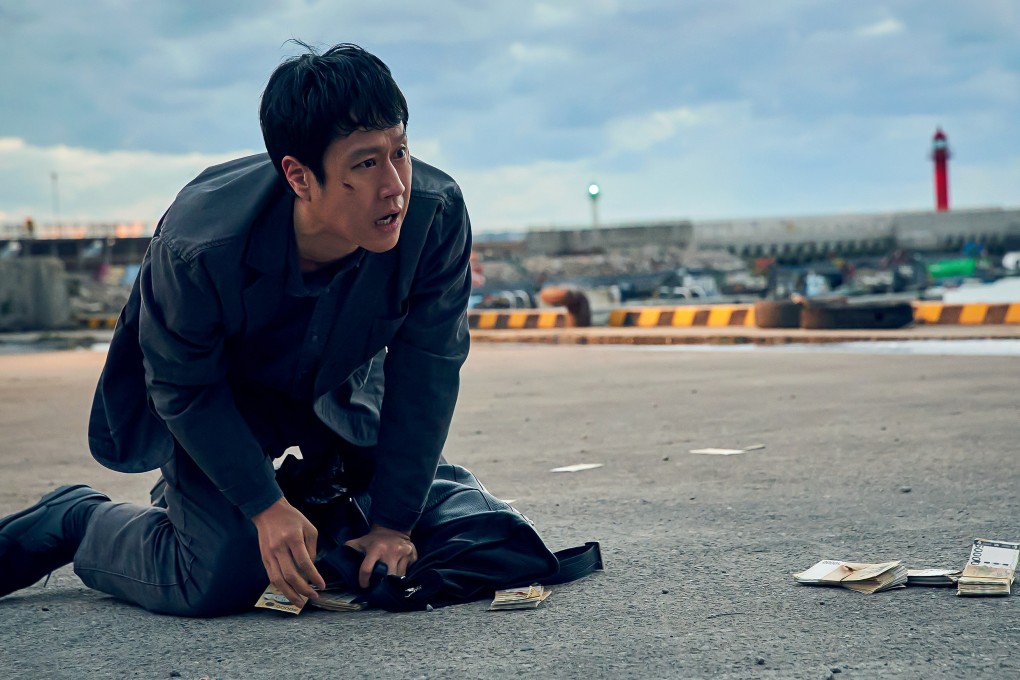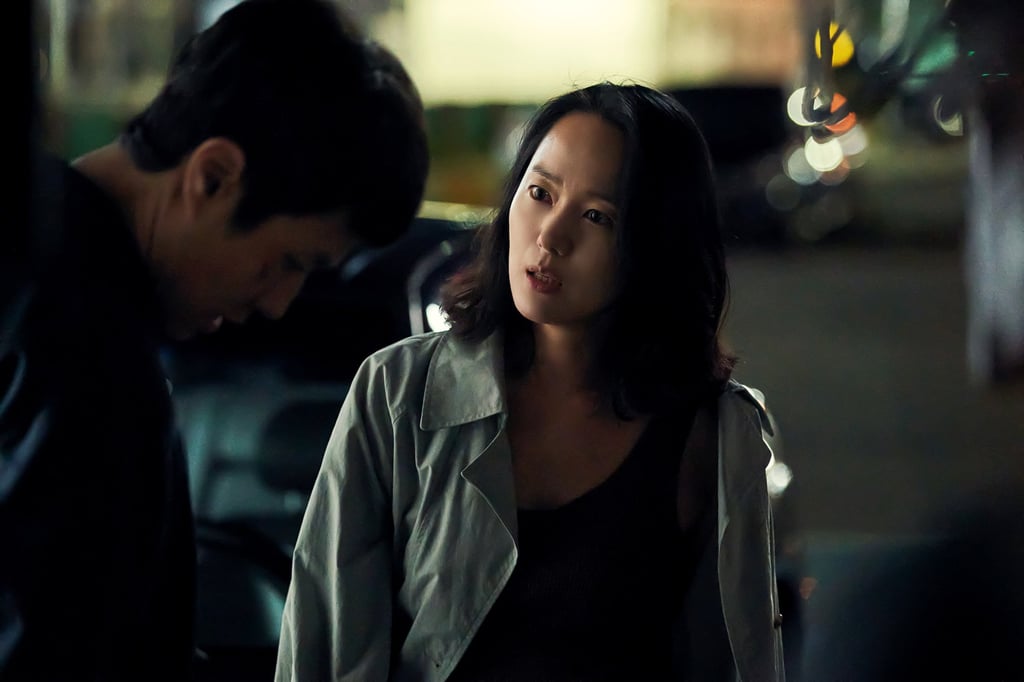What a view | Don’t compare Netflix K-drama A Model Family to Breaking Bad – the show is a brilliant appraisal of life under pressure in its own right
- A man has been passed over for a professorship, his wife wants a divorce and a medical condition in the family needs money he doesn’t have – sound familiar?
- Breaking Bad this isn’t – Netflix K-drama A Model Family is packed with vicious action scenes, tension, unlikely tenderness and twists befitting a thriller

“He’s a good person,” says plaintive son Hyun-woo of his absent father, Dong-ha – who is otherwise engaged, spade-wielding, shirtless and down to his boxer shorts, burying two bodies in the dead of night.
Things are not going well for Park Dong-ha (Jung Woo). Passed over for a university professorship, harangued by divorce-seeking wife Eun-joo (Yoon Jin-seo) and anxious about the diminishing prospects of said son (Seok Min-gi), who needs a heart transplant the family can barely afford, Dong-ha is at breaking point.
That is until a moment of good fortune delivers him an actual fortune in the form of a bag full of banknotes in a runaway car – which also happens to contain two bloodied, decidedly dead men.

But for Dong-ha, who takes the cash to provide for his family, no “good” deed goes unpunished: his good fortune turns out to be false and merely a prelude to mortal danger, courtesy of a murderous drug gang (the face of which is Ma Kwang-chul, played by Park Hee-soon) and angry police officers convinced Dong-ha has killed one of their own.
Verbally assaulted regularly by his wife, despised as a loser by sulky teenaged daughter, Yeon-woo (Shin Eun-soo), and inadvertently shamed by Hyun-woo, who functions as an exterior conscience, Dong-ha cannot even make a success of laundering the money with a bunch of backstreet con men.
